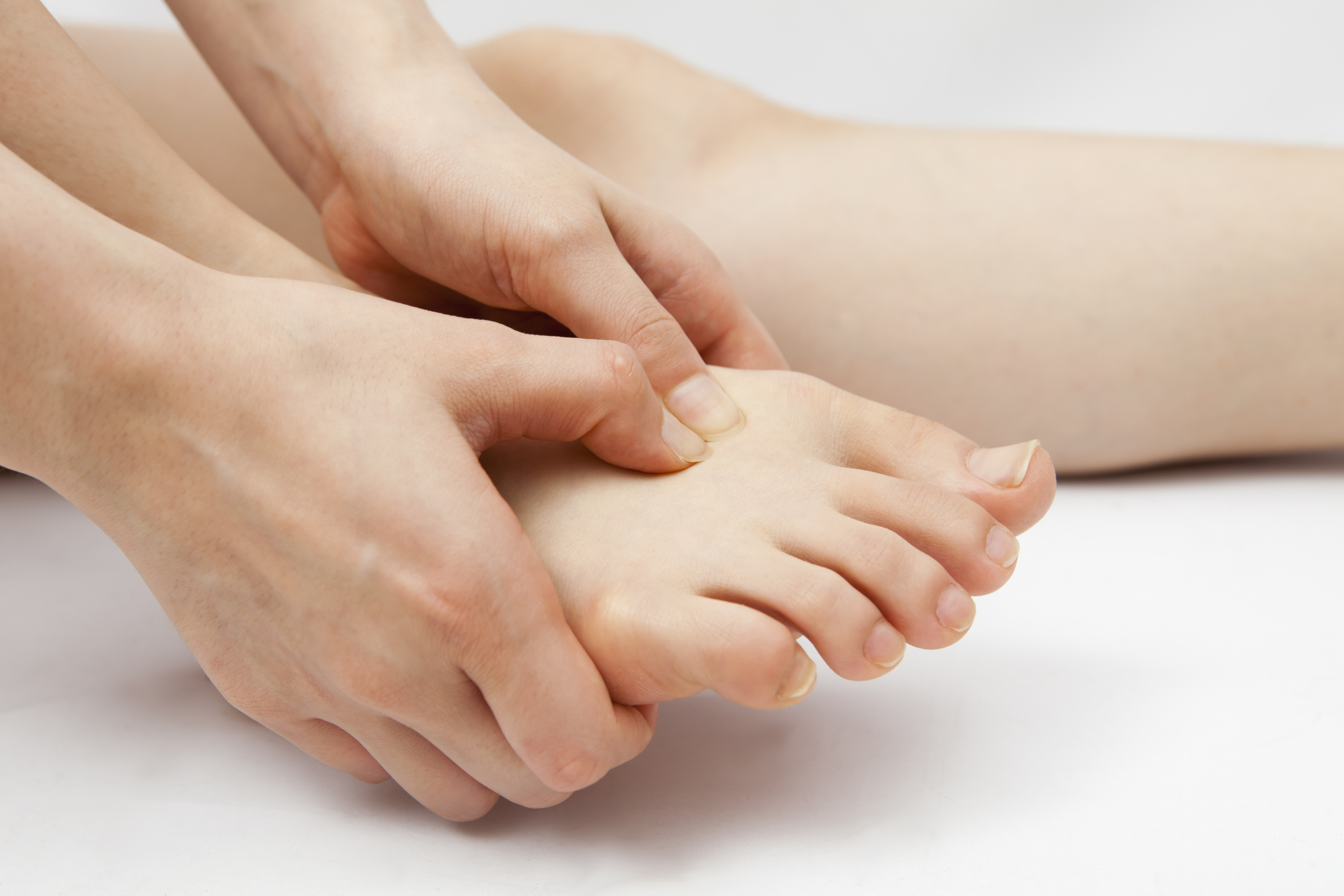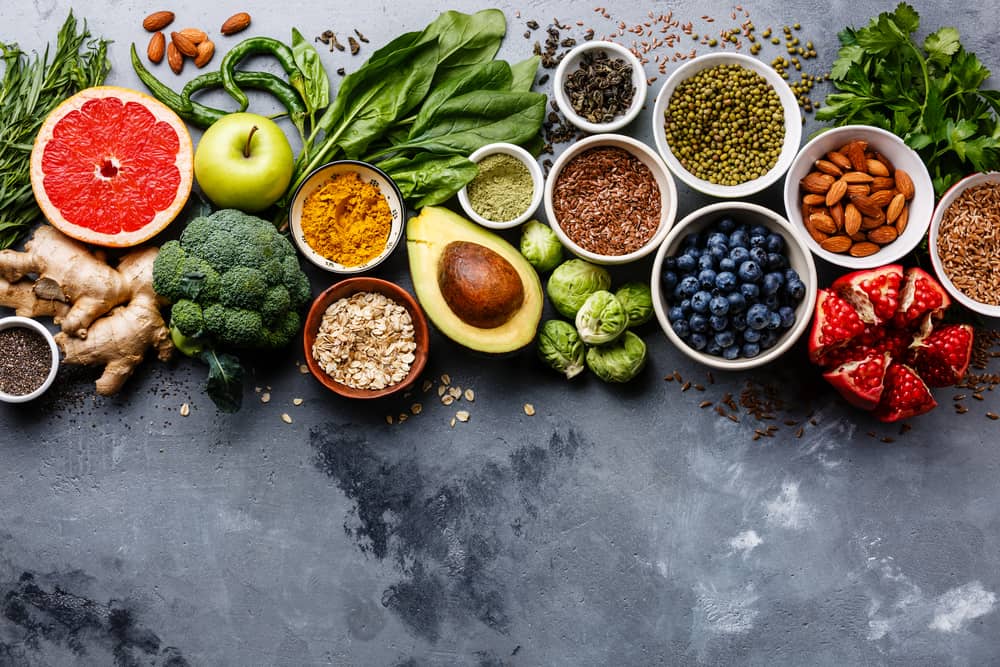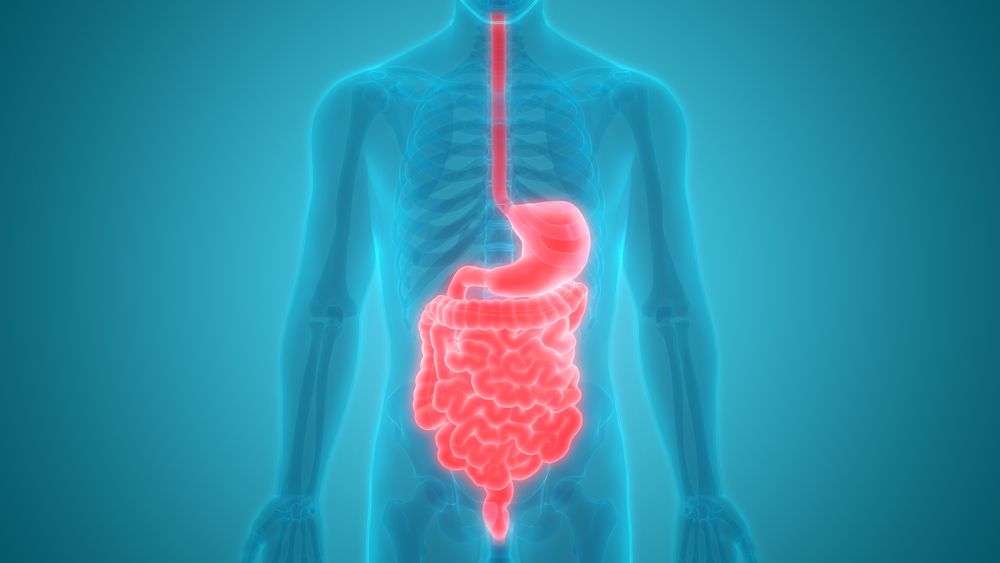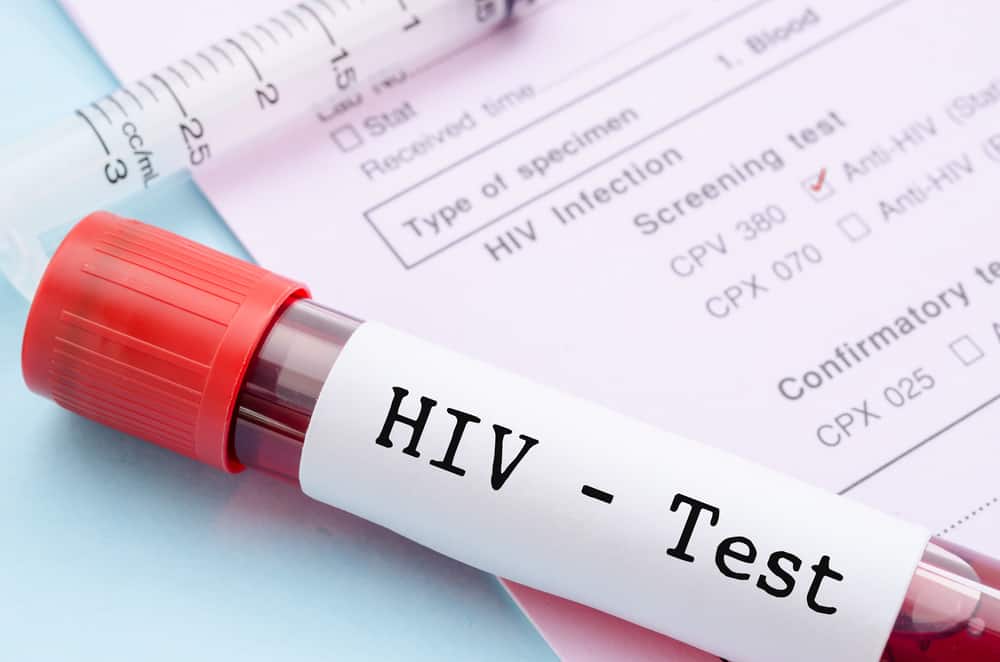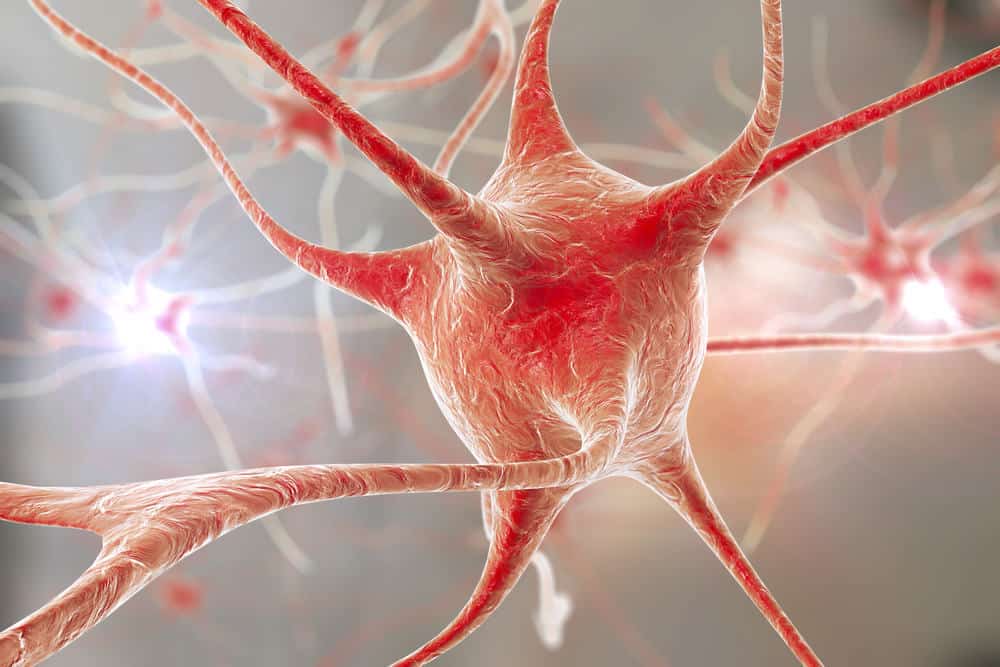Contents:
- Medical Video: 11 Signs Your Body Needs More Magnesium
- Nutrition is important for overcoming leg cramps
- 1. Calcium
- 2. Potassium
- 3. Magnesium
- 4. Vitamin D
- 5. Vitamin B complex
- 6. Vitamin E
Medical Video: 11 Signs Your Body Needs More Magnesium
When your legs cramp or muscle spasms, it must be really torturous. Want to move becomes difficult and sometimes feels pain. Although leg cramps are usually not dangerous, of course their appearance is very disturbing to your activities. Then how to relieve cramps that often appear? See the following explanation.
Nutrition is important for overcoming leg cramps
There are many things that can trigger leg cramps. Some of them are lack of muscle warming, muscle fatigue, poor circulation, and side effects of drugs. According to Dr. Kim Gladden from the Cleveland Clinic, the elderly (elderly) also tend to experience cramps more often.
In addition to these things, cramps can also be caused by lack of nutritional intake. Yes, cramps can indeed be one of the symptoms of lack of certain nutrients. So, to overcome this, the following six important types of nutrients are needed.
1. Calcium
Lack of calcium in the blood can be one of the causes of leg cramps. Because, lack of calcium can make your muscles and nerve endings become more sensitive. This is why people who usually lack calcium such as pregnant women and the elderly often suddenly cramp on their feet.
In a day, children need calcium up to 1,300 milligrams. Whereas adults generally need 1,000 milligrams or the equivalent of four glasses of cow's milk. Calcium sources other than cow's milk are yogurt, cheese, sardines, salmon, broccoli, spinach, and bok choy (Chinese mustard).
2. Potassium
Potassium is very useful for controlling contractions and the relaxation of muscles in the legs. If you lack this important nutrient, your feet will become easier to contract suddenly or cramp. Well, you need about 4,700 milligrams of potassium a day. Make sure you often experience cramps to meet these nutritional adequacy rates, yes. If your cramps recur, you should also increase your potassium intake.
You can get these important nutrients from avocados, spinach, sweet potatoes, yogurt, bananas, and soy milk. If your doctor recommends, you can also add potassium intake from special supplements. However, remember that the key is to consult with your doctor first.
3. Magnesium
This mineral can be lost when you sweat or urinate. In fact, the body needs magnesium to control muscle work such as contraction and relaxation. So, magnesium deficiency can cause problems such as leg cramps.
You are recommended to meet the magnesium requirement of 400 milligrams per day. To get this mineral, you can eat almonds and other nuts, spinach, broccoli, and dark chocolate (dark chocolate).
4. Vitamin D
Vitamin D plays a very important role in the absorption of calcium and magnesium. Without this vitamin, the body will have difficulty digesting calcium and magnesium needed to maintain muscle health.
The easiest way to get vitamin D intake is to bask in the sun. Other sources of vitamin D include oatmeal, white rice, sesame, and green leafy vegetables such as kale.
5. Vitamin B complex
According to the American Academy of Neurology, vitamin B complex can help reduce leg cramps. Lack or imbalance in the levels of complex B vitamins in the body can indeed cause damage to muscle and nerve function. So make sure you consume a balanced amount of vitamin B complex.
You can get this vitamin from consuming beef, mutton, eggs, mushrooms, long beans, seafood such as fish and shrimp, whole wheat, and spinach. Currently there are also many vitamin B complex supplements. However, consult with your doctor before taking any vitamin supplements.
6. Vitamin E
Foot cramps can be caused by poor circulation. For this reason, you need vitamin E which can improve blood circulation and trigger the production of red blood cells. You can find these important nutrients in foods such as peanuts, almonds, kuaci, and soy milk.

